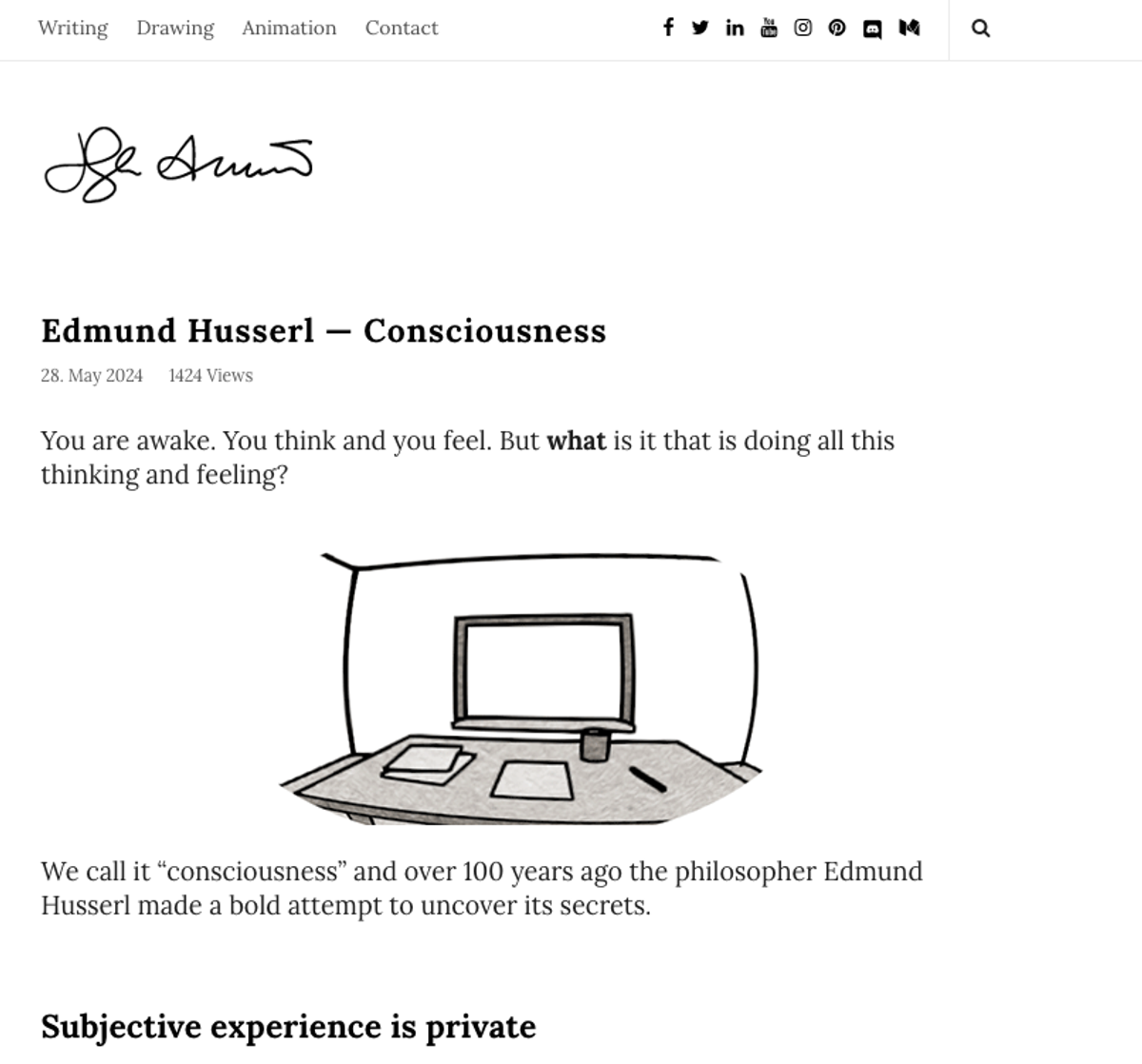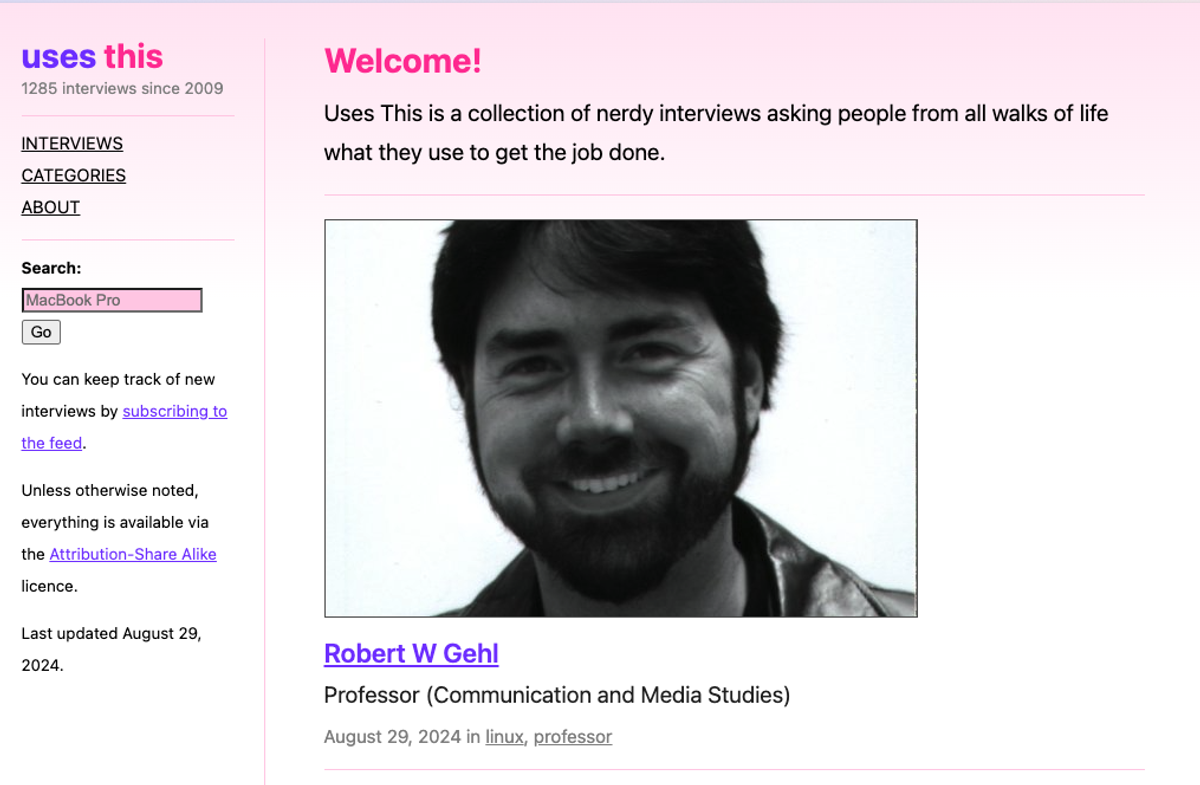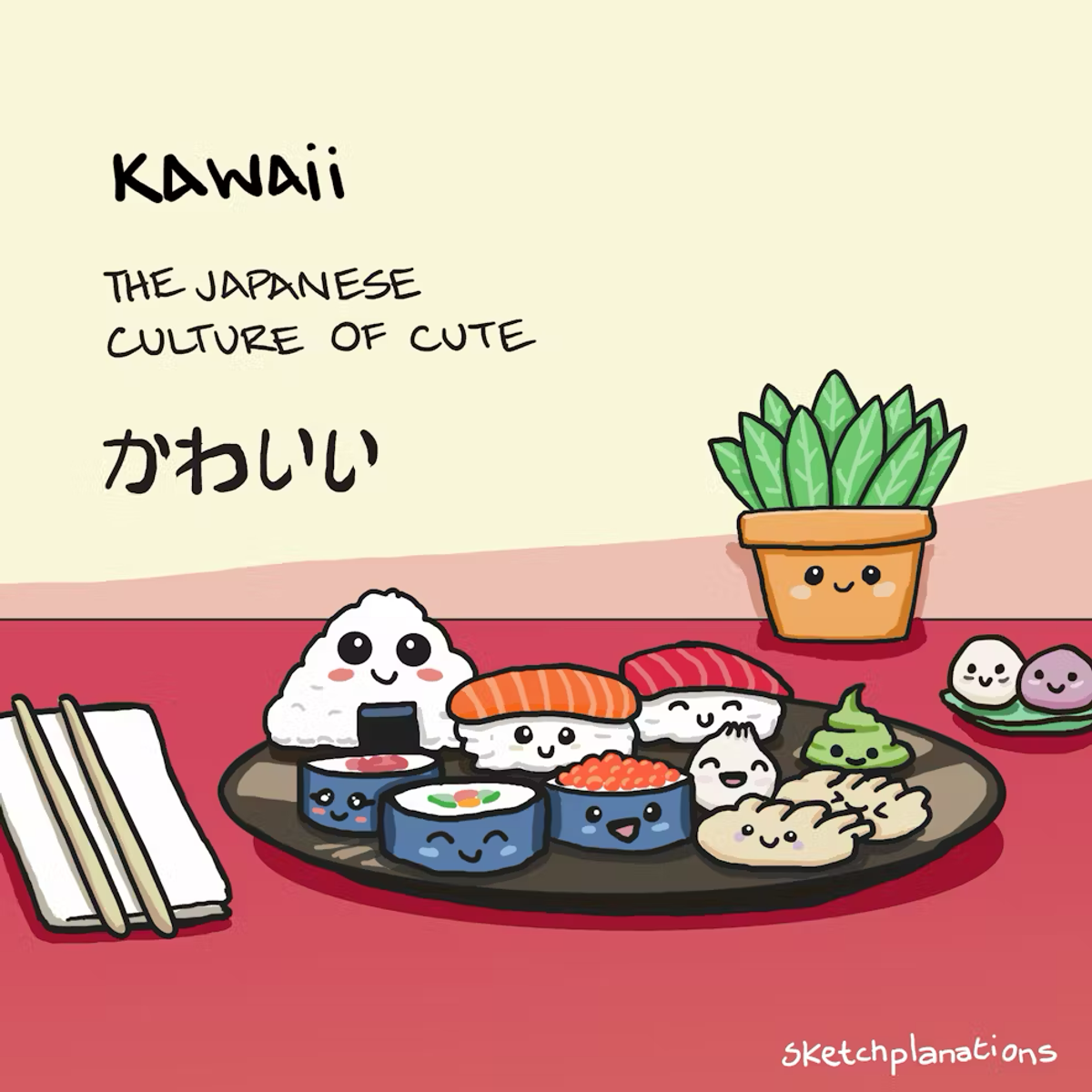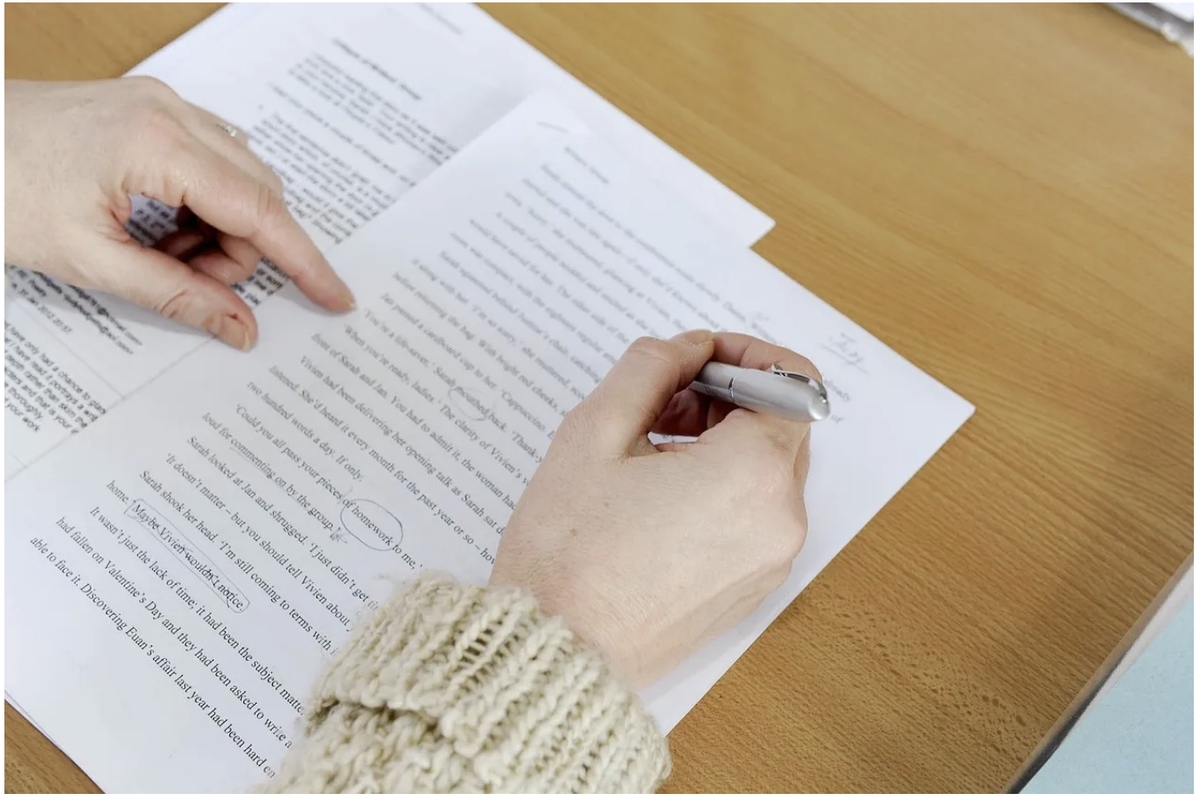Teaching & Learning Page:

Web Pages:
https://ralphammer.com/edmund-husserl-consciousness/
75 Random Facts - A Series:
46. The moon has moonquakes. They happen due to tidal stresses connected to the distance between the moon and the Earth.
47. Humans are the only animals that blush. Apparently, we're also the only animals that experience embarrassment. This is because blushing is a complex emotion that involves understanding other people's opinions.
48. All the clocks in Pulp Fiction are set to 4.20. It looks like we'll have to rewatch the film to find out.
49. Kim Kardashian has a 'glam' clause in her will. It states that if she's ever in a position where she can't get ready herself, can't communicate, or is unconscious, someone has to make sure her hair, nails, and makeup are all perfect.
50. An ostrich's eye is bigger than its brain. This could be why the birds often run around in circles when trying to escape predators despite their fast running speed.
51. A jiffy is an actual unit of time. It's 1/100th of a second.
52. You can't hum if you hold your nose. Hands up if you just tried it!
53. Vatican City is the smallest country in the world. It's 120 times smaller than the island of Manhattan.
54. Japan has over 200 flavours of Kit Kats, exclusively created for different regions, cities, and seasons. Some sound tasty, like banana, blueberry cheesecake, and Oreo ice cream, while others are questionable, like baked potato, melon and cheese, wasabi, and vegetable juice.
55. Kris Jenner has 12 grandchildren.
Kourtney Kardashian has three children: Mason, Penelope, and Reign.
Kim has four: North, Saint, Chicago, and Psalm.
Rob has one, Dream.
Khloé has two, True and Tatum.
Kylie has two, Storm and Aire.
56. A crocodile cannot stick its tongue out. They have a membrane that holds their tongue in place on the roof of their mouth so it can't move.
57. Pigs can't look up into the sky. The anatomy of their spine and neck muscles limits their movement and restricts the ability of their heads to look upwards.
58. Kim Kardashian knows the alphabet in sign language. She used it to cheat on tests with her friends at school.
59. During an average lifetime, while sleeping, you could eat around 70 different insects and ten or more spiders. Ew.
60. Everyone's tongue print is different. Like the fingerprint, it has unique features that differ from person to person.
Techie Tips:
Use the flash for notifications
Apple has a neat little trick: You can use your flashlight as the notification light.
To use this, keep your phone screen down when you place it on a desk.
You can activate the setting under Accessibility>Audio/Visual > LED Flash Alerts.
Translate
Siri can also translate things, even if you don't have the Apple translate app installed. This Can be very useful if you're travelling.
To use it, just say,
"Hey Siri! How do you say "How are you" in German?”, for example, and Siri will instantly translate it for you.
Command Key Shortcuts:
- ⌘ + C: Copy
- ⌘ + V: Paste
- ⌘ + Shift + V: Paste unformatted
- ⌘ + X: Cut
- ⌘ + Z: Undo
- ⌘ + Shift + Z: Redo
- ⌘ + A: Select All
- ⌘ + F: Find
- ⌘ + S: Save
- ⌘ + P: Print
- ⌘ + W: Close Window
Seeking Distraction: Our Very Human Reaction to Losing Control:
Do you ever find yourself actively seeking distraction from what you’re working on?
You know what you’re supposed to be getting on with, but instead, you open up a new tab, reach for your phone, or start cleaning your entire home to remain in your comfort zone for a few moments longer.
I recently read the transcripts of a conversation between Joe Pinsker, a staff writer at The Atlantic, and journalist and author Oliver Burkeman.
During the conversation, Burkeman hit upon the phrase “seeking distraction.” Despite being a chronic procrastinator, I hadn’t previously considered the idea that I might have been seeking the very distraction I so frequently found. Here’s the full quote from Burkeman:
I certainly think that Silicon Valley has a lot to answer for when it comes to its role in pulling us away from what we want to focus on, but at the same time, we do sort of cooperate. If I’m working on a difficult article, it’s not like I’m really happy doing it [...] I run away to Twitter because the article is challenging me and causing me to experience uncomfortable emotions, and Twitter promises the opposite.
Burkeman continues:
I think the reason that we seek distraction is that working on stuff that we care about is often scary. It brings us into contact with all the ways in which we’re limited—our talents might not be up to what we’re trying to do, and we can’t control how things will unfold [...] meanwhile, the internet feels limitless, like you’re an all-powerful consciousness surfing the unlimited waves of the web and social media. It’s very relieving.
For all the books, articles, and talks about productivity, cooperation regarding distraction has been significantly underexplored.
Social media is a distraction, but we seek it out despite knowing this. As Burkeman put it, the internet is a limitless distraction, yet I fire up a new tab dozens of times a day while I am in the middle of an important task or working on a deadline.
How do we combat this innate desire to seek distraction at every turn? Ultimately, we need to become more comfortable with, as the author and poet Austin Kleon put it, “showing our work.” When we show our work in its crudest, most unfinished form, the idea that it must be perfect before the world (or our boss) sees it will begin to hold less sway.
Until then, download an extension to limit the number of tabs you can have open at any one time, turn your phone face down, and—for the love of god—keep your butt in your chair.
Sketchplanations:
Kawaii is the word for the Japanese culture of cute, adorable and childlike. When you see a sushi roll with a cute smiley face, that's Kawaii at work. You might also find it in an innocent, high voice like a child's.
I love how, by adding a couple of big eyes, maybe with a couple of little highlights, a smiley mouth and perhaps a little shy blushing on the cheek, it's possible to transform a cactus or a pencil case into something adorable. As a family, we've enjoyed the card game Sushi Go, which includes cute wasabi, fried shrimp, and even a chopstick holder. It's a bit like the magic of adding googly eyes to anything to make it fun.
The childlike simplicity, sweetness and cute artwork of Kawaii is also in Sanrio's Hello Kitty.
“I’m very pleased to think that there are people with whom I agree on some issues and not others. I don’t want a world in which we all agree. I want a world in which people feel that they have the standing and confidence to feel that they can disagree. I’m interested in why people think as they do.”
— Mary Beard
Self Belief
Your words are more powerful than you think. Choose what you say to yourself and others more carefully.
Everyone is too busy in their lives to think about you, and their actions stem from their insecurities and beliefs. It's not because of you.
Don't take things personally.
Don't assume what you don't know. Ask questions until you understand clearly, and communicate your feelings and desires with your loved ones.
Dare to break free from your limiting beliefs by identifying and replacing them with ones that help you be the person you want to be. Break free from your old agreements that hold you back and make new ones that set you free.
Article:
As a Professional Editor, I Can Strengthen Any Writing Using 6 Rules:
No one’s impressed when you use words like “pontificate”
·
Over 63 million Americans write as a hobby, but I’m one of the few who gets paid to do it.
For the last decade, I’ve made my living as a writer, editor, and journalist for publications such as Bustle, CNN, NBC, The Daily Beast, and Food & Wine. This experience (combined with a BA in English that I’m still paying off) taught me a few things about quality writing.
The most important rule? No one cares about fluff — so let’s dive in.
1. Cut out any unnecessary words.
Our college courses did us dirty. Professors encouraged students to hit minimum word counts, so we threw in as much filler as possible — but quality writing is clear and concise. That’s why most literary agents will instantly reject manuscripts over the recommended word count for their genre.
In his book Editor-Proof Your Writing (affiliate link), veteran editor Don McNair has an entire section dedicated to taking words out:
The more words you eliminate without changing meaning and sacrificing detail, the clearer and more powerful your writing will be. [… The] words we want to chase away do specific, bad things to our writing. Examples? They weaken verbs. They introduce author intrusions. […] They create redundancies.”
- Do you have two words that mean the same thing? (She was a stunning,̶ ̶b̶e̶a̶u̶t̶i̶f̶u̶l̶ woman.) Take one out.
- Can the reader tell who’s speaking without the dialogue tag? (“Are you sure you want to do that?” I̶ ̶r̶e̶s̶p̶o̶n̶d̶e̶d̶̶.) Delete it.
- Do other actions already imply actions? (He t̶u̶r̶n̶e̶d̶ ̶h̶i̶s̶ ̶h̶e̶a̶d̶,̶ ̶l̶o̶o̶k̶e̶d̶ ̶a̶t̶ ̶m̶e̶,̶ ̶a̶n̶d̶ ̶ beamed at me.) Cut them.
2. Choose strong verbs instead of weak verbs + adverbs.
Similarly, some writers try to strengthen a weak verb by combining it with an adverb. Instead, choose a strong verb from the get-go.
- I ran quickly out the door = I sprinted out the door.
- She cried softly = She whimpered.
- He thought deeply about the idea = He pondered the idea.
- They ate it greedily = They devoured it.
The same rule applies to adjectives and nouns: A big house is a mansion. A tall building is a skyscraper. A heavy rain is a downpour. If you can find a stronger term that encapsulates the idea in fewer words, use it.
3. Use active voice whenever possible.
An editor from a publishing house taught me this tip. It took me a while to grasp, but I saw passive voice everywhere once I did.
What’s the difference between active voice and passive voice?In active voice, the subject acts on the target: “The cat chased the mouse.” Here, the cat is the subject and the mouse is the target.
In passive voice, the writer prioritizes the target of the action over the subject: “The mouse was chased by the cat.” The mouse isn’t the subject; it’s the target, but it still comes before the subject and the verb. The sentence now contains unnecessary words, like “was” and “by,” which makes it longer and weaker.
- The cake was eaten by the children = The children ate the cake.
- The speech was given by the president = The president gave the speech.
- The window was broken by the storm = The storm broke the window.
When identifying passive voice, watch for the phrase “there was.” People use it constantly to describe a scene passively — but if you think about it, it doesn’t make much sense. When a sentence starts with “there was,” who or what is the subject?
- There was a book on the table = A book lay on the table.
- There was a decision made by the board = The board made a decision.
- There was a letter found in the archives = The librarian found a letter in the archives.
4. Search your document for filler words and delete 99%.
Some words in the English language serve virtually no purpose — and yet most of us use them all the time.
The word “just” is a great example. In 99% of cases, it’s unnecessary. It doesn’t change the sentence's meaning, but we just throw it in anyway. (Not-so-fun fact: Women subconsciously use it more than men to soften their language to seem polite and apologetic.)
- He just couldn’t believe the outcome = He couldn’t believe the outcome.
- I’m just checking in about those documents = I’m checking in about those documents.
- No matter how hard she practiced, she just couldn’t do it = No matter how hard she practiced, she couldn’t do it.
When I searched my first manuscript for the word “just,” I had used it over 300 times. Deleting most of them didn’t change my sentences' meaning, but it made my writing stronger.
Other common filler words that rarely serve a purpose?
- That
- Really
- So
- Very
- Actually
- Of
Pro tip: If you press Ctrl + F on your keyboard, you can search most documents and web pages for specific words and phrases. Use this to find and delete filler words.
5. Ditch your thesaurus and opt for clarity.
Novice writers beef up sentences with as much flowery language as possible. Professional writers know that writing is a form of communication and should be straightforward.
No one thinks you’re smart because you use words like “pontificate” and “ostensibly.” Instead, they probably think you’re an asshole.
Unless you’re writing a legal document or trying to impress the guy who does your taxes, ditch your thesaurus and use clear, powerful language. Take your time to find the right word, but don’t choose a word solely because it sounds impressive. Writing long sentences with big words is the fastest way to lose your reader.
It doesn’t matter how impressive your writing sounds if the reader gives up before learning anything.
6. Read your work out loud — or have AI do it for you.
Last but not least, read everything you write out loud. It’s the easiest way to catch mistakes — but it’s not only about grammar.
Like music, beautiful writing has a cadence to it. That’s why Shakespeare wrote in iambic pentameter and Emily Dickinson used slant rhyme. When you read your work out loud, you’ll know if that cadence is there. On the other hand, when you’re tripping over your words, it’s time to make some edits.
If you don’t like reading aloud or you share a workspace with others, put on headphones and use the Read Aloud feature in Microsoft Word. (It sounds robotic, but it gets the job done.)
Alternatively, you can use AI text-to-speech software to read articles, web pages, and more. I use an extension called NaturalReader. It’s pricey and has a few glitches, but it sounds realistic.
Happy editing, and remember: If the sentence makes sense without it, it’s j̶u̶s̶t̶ not worth the word count.








